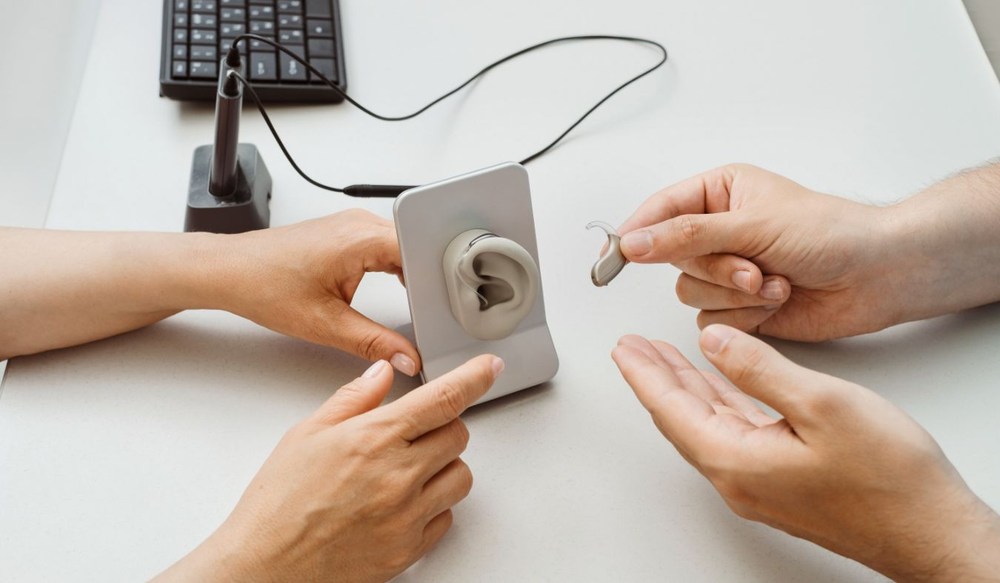From Communities To Classrooms: Hearing Care for All Children
The Audiology Offices today joins the World Health Organization and its


The Audiology Offices today joins the World Health Organization and its

Many people notice that their own voice sounds different when they first

As 5G wireless networks expand and become more widespread, you might